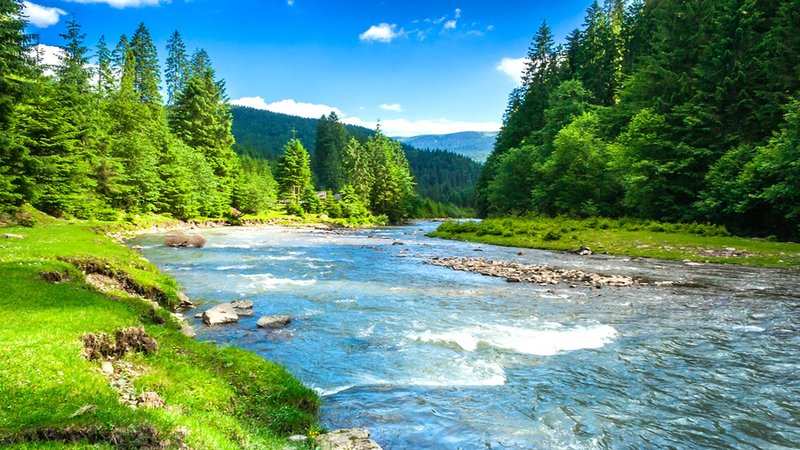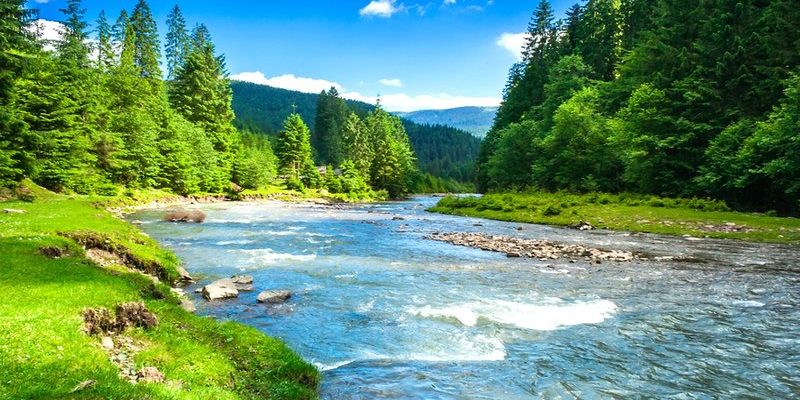
So, if you’re curious about the relationship between these predators and wolf worms, you’re in the right place. Understanding how these interactions unfold paints a fascinating picture of nature’s balancing act. Let’s dive into the dynamics of predator and prey, and see how some brave species help control the wolf worm situation.
Understanding Wolf Worms: The Basics
Before we get into the predators, it’s important to grasp what wolf worms are and how they affect wolves. Wolf worms are parasitic nematodes that can infest the hearts and lungs of their hosts. Think of them as unwanted house guests who refuse to leave their cozy spot. They can cause serious problems, like respiratory issues and heart problems, which can ultimately be deadly for wolves if left unchecked.
Wolf worms typically spread through mosquitoes, which are the main vectors. When a mosquito bites an infected animal, it picks up these tiny larvae and can later transmit the infection to wolves. You might be wondering how this all ties in with predators. Well, understanding the nature of wolf worms helps us appreciate why controlling their population is vital not only for wolves but for the ecosystem as a whole.
The Web of Life: Natural Predators Explored
In nature, everything is interconnected. Just as the wolf plays a vital role in its ecosystem, so do its predators. Some creatures help keep the wolf worm population under control, acting as a balancing force. Let’s take a closer look at some of these natural predators.
- Birds: Certain bird species, especially those that hunt insects, can help reduce mosquito populations. Less mosquitoes mean fewer chances for wolf worms to spread.
- Frogs: Frogs thrive on a diet of insects, particularly mosquitoes, which also bite wolves. By keeping these insects in check, frogs indirectly limit the spread of wolf worms.
- Fish: In aquatic environments, some fish consume mosquito larvae, helping to control their numbers before they can become adult mosquitoes.
Each of these predators plays a unique role, creating a delicate balance in the ecosystem. It’s all about keeping each other in check, much like a team working together towards a common goal.
The Role of Birds in Controlling Mosquitoes
Birds are more than just pretty creatures flying overhead; they’re vital players in the predator game. Species like swallows and purple martins feast on insects, including mosquitoes. Imagine a nature documentary highlighting a flock of birds swooping down over a pond, expertly snatching up mosquitoes mid-air.
By consuming these pests, birds help diminish the mosquito population. With fewer mosquitoes buzzing around, there’s a marked decrease in the potential for wolf worms to spread. It’s a classic case of “the enemy of my enemy is my friend.” In this setup, every little bit helps, and birds are doing their part in keeping wolf worms at bay.
How Frogs Contribute to the Balance
Frogs may seem like simple creatures, but they have an important role in their habitat. These amphibians are voracious eaters of insects, particularly in their larval stage. You’ll often find frogs close to water sources, where mosquitoes breed.
By eating adult mosquitoes as well as larvae, frogs help control the population effectively. This is crucial for wolves, as fewer mosquitoes translate to fewer chances for those pesky wolf worms to spread. Here’s the thing: the tadpoles of frogs also consume algae and other organic matter, which contributes to healthier water ecosystems. So not only do they help keep mosquitoes in check, but they also play a role in improving the environment overall.
Fish: Silent Warriors Against Mosquitoes
Under the surface of ponds and streams, fish are silently working to maintain the ecological balance. Certain types of fish, like guppies and goldfish, are known to snack on mosquito larvae. These tiny swimmers act like biological controls, keeping mosquito populations from surging.
In many ways, fish are the unsung heroes of the aquatic world. You might think of them as little pest control agents swimming around, making the environment safer for wolves and other land animals. Their contributions are often overlooked, but they are just as crucial as larger predators.
Environmental Changes and Predator Impact
It’s important to note that changes in the environment can affect the dynamics of these predator-prey relationships. Urbanization, climate change, and habitat destruction can disrupt natural habitats. This can lead to fewer natural predators and higher mosquito populations, ultimately resulting in more wolf worms.
Imagine a once-thriving wetland turned into a parking lot. The frogs that thrived there are now absent, which means more mosquitoes and subsequently, more wolf worms. It’s a ripple effect that demonstrates how interconnected our ecosystems are and highlights the importance of maintaining healthy habitats that support biodiversity.
The Importance of Preserving Natural Predators
With all this in mind, it’s clear that maintaining natural predator populations is essential for controlling wolf worms and supporting wolves. Conservation efforts focused on protecting birds, frogs, and fish can aid in keeping the balance in ecosystems.
You might be wondering what practical steps can be taken. Simple actions like creating birdhouses, preserving wetland areas, or maintaining clean ponds can all foster environments where these predators can thrive. The more we support these creatures, the healthier our ecosystems and wolf populations will be.
Final Thoughts: Nature’s Balancing Act
In the grand tapestry of nature, everything plays a role, no matter how small. The natural predators that disrupt wolf worm development are crucial in keeping the ecosystem healthy and balanced. From birds that feast on mosquitoes to frogs that thrive in wet habitats, each predator contributes to managing the wolf worm challenge.
As we learn more about these relationships, it becomes clear: protecting natural habitats and predator populations isn’t just beneficial for one species, but for the ecosystem as a whole. So, the next time you encounter these creatures, remember their vital role in nature’s balance. Together, they create a harmonious web that supports life, including our beloved wolves.

